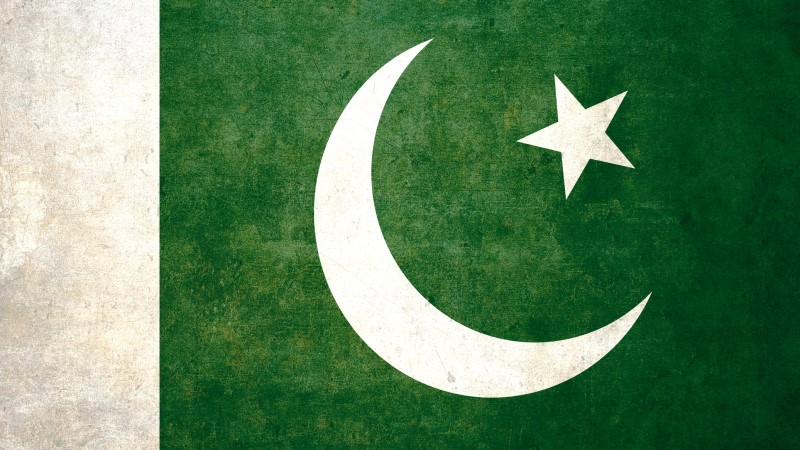Violence has erupted in various corners of the country.
Voting has ended in Pakistan’s general elections which have been among its most tense in modern times, as popular former prime minister Imran Khan sits in a jail cell—his party Pakistan Tehreek-e-Insaf party (PTI) banned and with members forced to run as independents—and as violence has erupted in various corners of the country.
Throughout the day the government and security services took the drastic and extreme step of suspending mobile services, and at least nine people, among them two children and six security officials, were killed in attacks by armed groups. The day prior, scores were killed and wounded in election-related terror attacks and bombings, including instances of hand grenades thrown at polling stations.
The Ministry of Interior has posted on X Thursday morning (local time) that in response to “recent incidents of terrorism” in the country, cellular networks were cut in order “to maintain the law and order situation and deal with possible threats.”
NetBlocks has also confirmed there were internet outages in various provinces following “months of digital censorship targeting the political opposition.” The military, or essentially the Pakistani deep state, is widely seen as ultimately the influencer of the election outcome, and is also broadly viewed as behind the persecution of Khan and his being barred from office.
As Bloomberg reviews of how things have long worked in Pakistan, a country which also cooperates deeply with Western intelligence services, especially the CIA in counter-terror operations…
Pakistan’s military has directly ruled the nuclear-armed nation for longer than any civilian government. While it has been 15 years since Pervez Musharraf stepped down as the last military ruler, the Inter-Services Intelligence, which oversees internal security, plays a significant role in foreign policy, security and the economy.
The generals’ backing is seen as crucial for civilian leaders to gain power, and to hold on to it. All prime ministers including Imran Khan and Nawaz Sharif benefited from their support to win elections, and lost power when they clashed with the army.
Wednesday into Thursday witnessed significant incidents of violence, including in Dera Ismail Khan district, where five police officers were gunned down after a bomb was set off. Additionally unknown attackersthrew hand grenades at a couple of polling stations in Balochistan province.
Wednesday blasts in Balochistan had the highest casualty rate of the last 48 hours, with the Islamic State reportedly claiming responsibility, according to Time:
The grenades, which reportedly did not injure anyone, followed lethal explosions in Balochistan Wednesday. One blast occurred in the Pishin district, killing 18 individuals, CNN reported, and injuring 24, according to Jan Achakzai, the province’s Minister for Information and Public Relations. Another blast occurred in Qilla Saifullhah, killing 12 people, according to Achakzai. He warned in an X post that the death toll could rise and said the government had revisited security protocols.
Former Pakistani Prime Minister Nawaz Sharif has remained confident his party will win. His Pakistan Muslim League party is widely believed to be favored and poised to take an outright majority in parliament.
Nawaz Sharif said that “Once this election is over, we will sit down and decide who is PM (prime minister) and who is CM (chief minister)” of Punjab province. Vote counting is underway, after in some areas a two hour vote extension was given by emergency order.
Sharif’s archrival, former PM Khan is meanwhile languishing in jail after a series of convictions on ‘corruption’. More convictions were slapped on him a mere days before the election, leaving his supporters outraged and claiming a military-orchestrated conspiracy.
Several armed attacks on candidates’ offices & polling stations have occurred over the last 48 hours, but there are also some early celebrations among PTI supporters…
He’s popularly seen as a rare politician not afraid to take on and criticize the military, but he was removed from power in an April 2022 no-confidence vote, subsequently slapped with over 150 legal cases against him.
His PTI party has not only been forced to run as independent on the ballot, but even their party symbol, a cricket bat, has been banned from the election. His supporters say the military is essentially trying to ‘disappear’ Khan from all public life and from ever returning politically.


